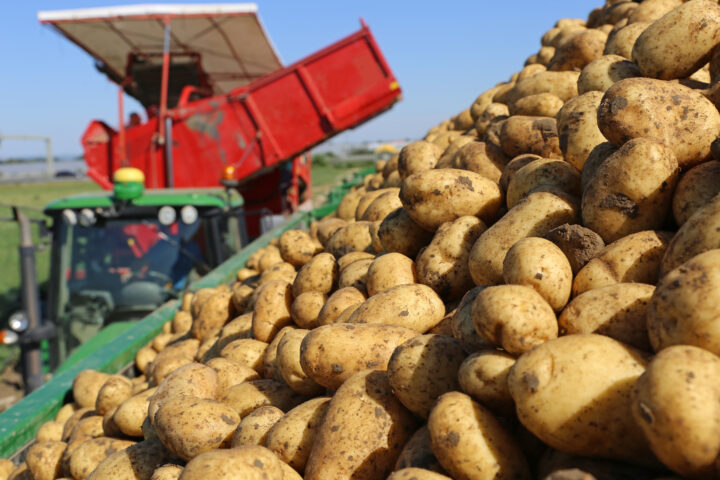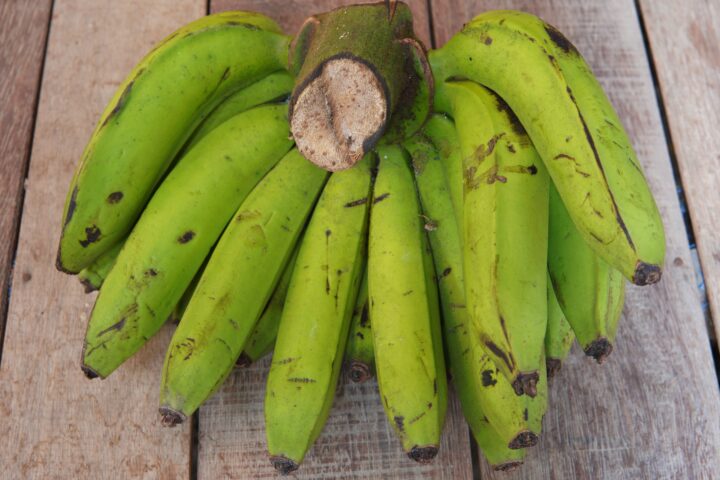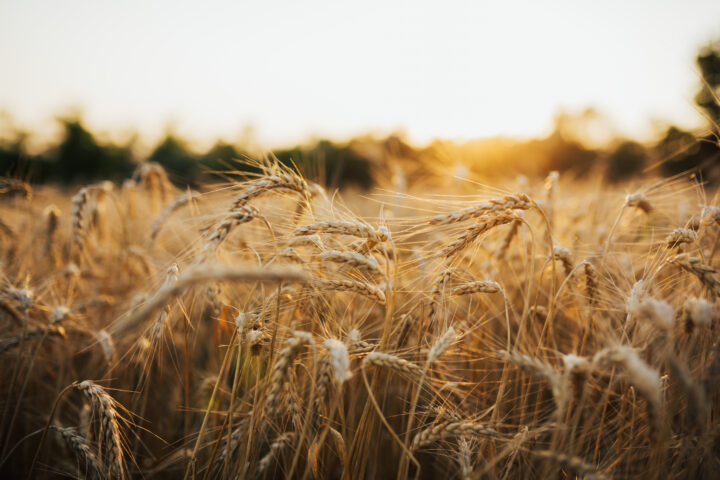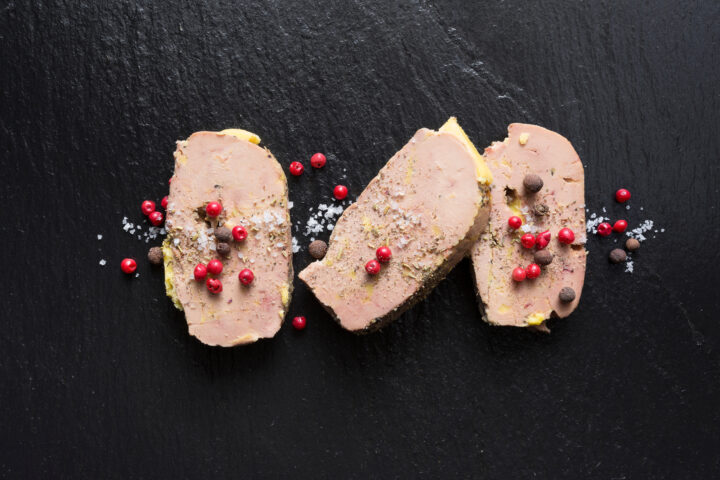
The conflict in Ukraine forces us to look beyond our own borders
The war between Ukraine and Russia threatens the food supply of many countries and is expected to have a strong impact on food prices. Markus Ritter, president of the Swiss farmers' Association, therefore calls for more domestic production – not least out of solidarity with poorer countries.
Thursday, March 17, 2022
In an interview with the "SRF" program 10 to 10, Ritter makes it clear that he does not expect the price of bread to rise sharply due to the conflict in Ukraine. Nevertheless, he calls for more cereals to be grown in Switzerland in the future. This is mainly due to solidarity with poorer countries: «I believe it is important that we take responsibility. On the one hand, for people in countries with little purchasing power, who can hardly afford the bread. We therefore do not need to stock up using large quantities of world market goods, but can also ensure our food with our own production.
Switzerland must take responsibility
Even if Switzerland only receives a small proportion of its cereals from Russia and Ukraine: The world market is a closed system: «If prices rise, it will predominantly be people with low incomes – two dollars a day – who will suffer hunger. This year could be a difficult year, and here also we have to accept our responsibility," says Ritter. In Switzerland, where currently around 40 percent of food has to be imported, it is also a matter of giving the right priority to domestic production. Ritter disagrees with a current proposal from the Federal Council to eliminate, in addition to the existing 18 percent of biodiversity-rich land, another 3.5 percent of the best soil: «Where we can produce bread, produce wheat, we should do so."
Blindspot article
Rising prices lead to hunger and revolt
The rise in the price of wheat reached a peak in the course of the conflict in Ukraine. As the "SRF" shows in various articles, this is felt mainly by poorer people in the countries of the South. For example in East Africa: Almost 90 percent of the wheat in East African countries comes from Russia or Ukraine. In Kenya, wheat flour became a quarter more expensive within a few weeks. People who live in cities and have to spend around half their income on food are hit particularly hard. However, countries in North Africa and the Middle East are also severely affected. Both Egypt and Tunisia import huge quantities of wheat from Ukraine. In Egypt, where the price of bread has been heavily subsidized for years, rising wheat prices threaten to cause hunger riots similar to those at the beginning of the Arab Spring.
In the Middle East, countries such as Lebanon and Syria source large quantities of wheat from Ukraine and Russia. Because of wars, corruption, droughts and inflation, many people in these countries have been barely able to afford bread for years. The rising prices of wheat on the world market force the governments of these countries to make serious decisions: An even stronger subsidy of the bread will tear huge holes into the state coffers. Rising bread prices, on the other hand, threaten to trigger social unrest.
Sources
Related articles

Potato farmers want robust varieties
As the use of pesticides is to be massively reduced, the potato industry now wants to focus on more robust varieties. The industry has even concluded a target agreement with the federal government. This is ambitious: By 2040, robust varieties are to thrive on 80% of potato cultivation areas.

How genetic engineering is saving the Cavendish banana
The most popular banana variety - the so-called Cavendish banana - could soon disappear due to a persistent fungus. Australian researchers have developed a solution based on genetic engineering.

Will this field trial revolutionise barley production?
Switzerland's first field trial using plants from new breeding technologies will start this spring in Zurich. Specifically, the aim is to breed a spring barley that produces more grains per ear. If the trial works, the technology is likely to be of great interest to Swiss agriculture.

Foie gras without a guilty conscience
The term foie gras often has negative connotations. The reason for this is foie gras production, in which the animals suffer great suffering. After top restaurateurs developed recipes with unstuffed liver, Migros is now also offering «Happy Foie». This is an animal-friendly foie gras that is supposed to taste just as good as the original. Patents are used to protect the inventors.

